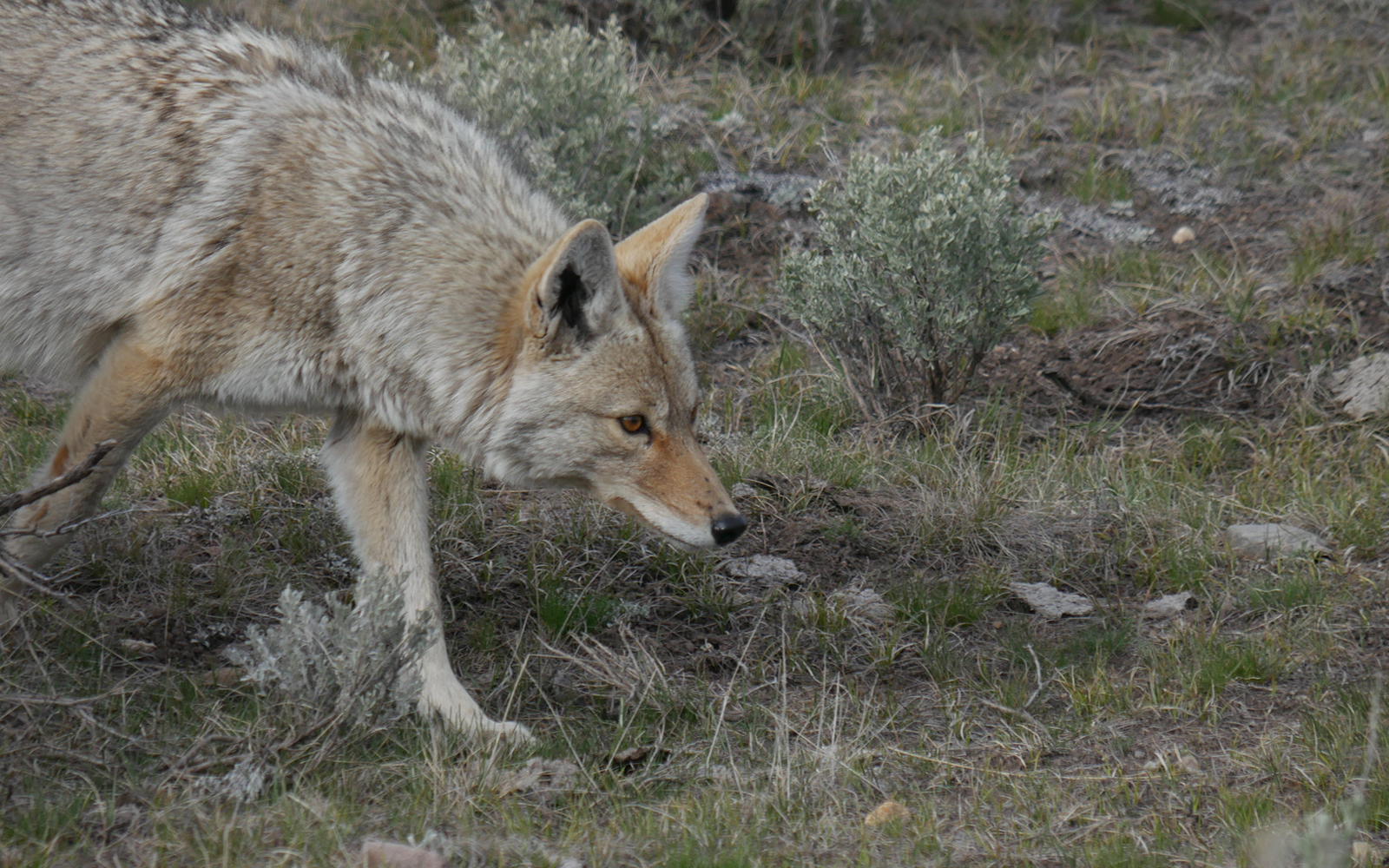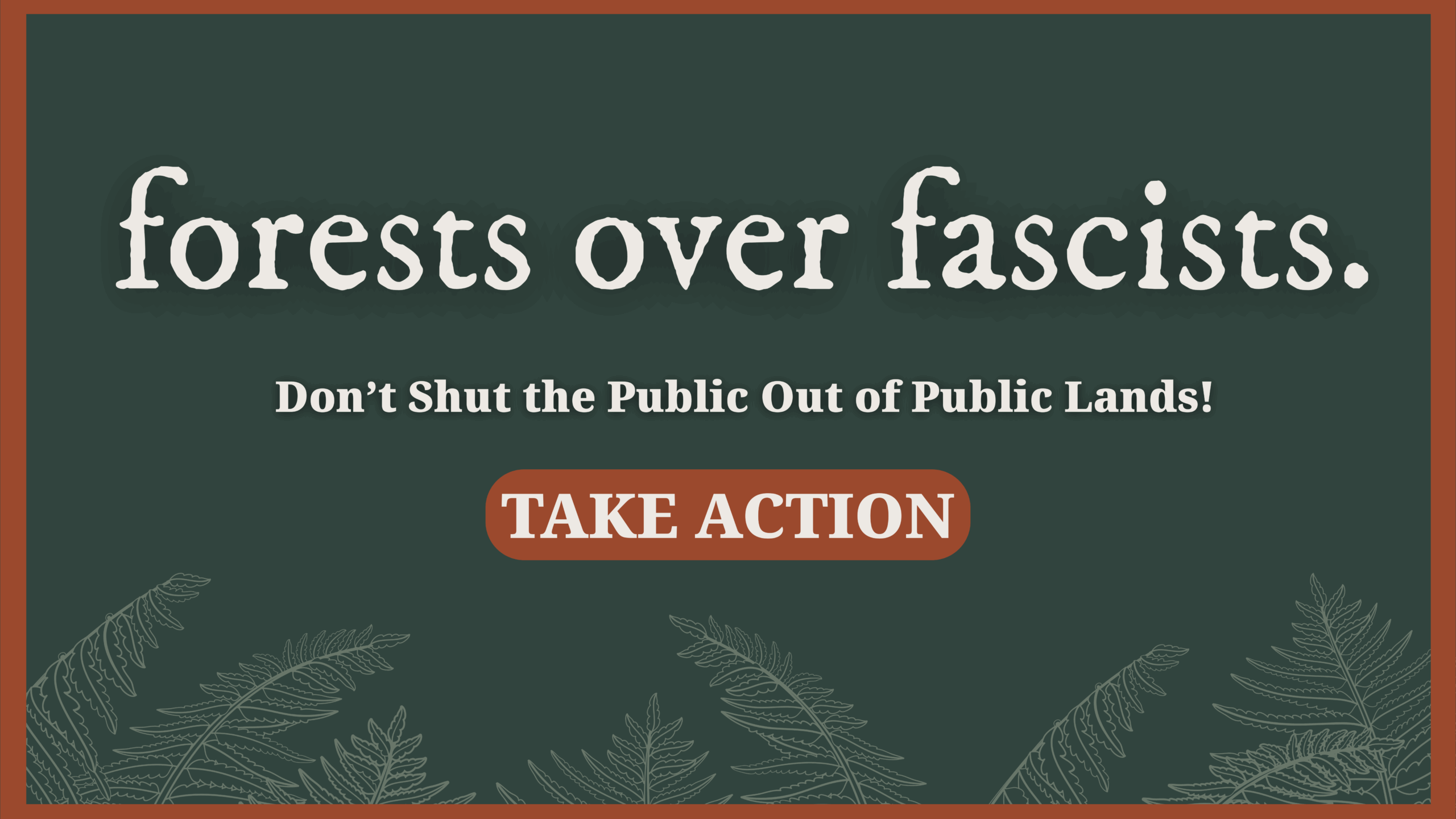FOR IMMEDIATE RELEASE
Friday, September 15, 2023
Contacts:
Bethany Cotton, Conservation Director, Cascadia Wildlands: bethany@cascwild.org
BEND, Oregon (Sept. 15, 2023)—Today at a hearing in Bend, the Oregon Fish and Wildlife Commission voted unanimously to prohibit wildlife killing contests for coyotes and other species classified as unprotected mammals in the state. A coalition of 22 local and national wildlife and conservation organizations and hunters, wildlife management professionals, scientists, veterinarians, and advocates across Oregon submitted testimony in support.
“We are overjoyed that cruel, unsporting wildlife killing contests will never again occur on public lands in Oregon,” said Bethany Cotton, conservation director with Cascadia Wildlands. “We thank ODFW staff and Commissioners for recognizing that killing contests violate the agency’s mission to manage wildlife in trust for present and future generations.”
In wildlife killing contests participants compete for cash and prizes to kill the most, the largest and the smallest coyotes and other vital wildlife within a specified time period.
More scientific studies find that these contests do not reduce coyote numbers or prevent conflicts with livestock, and may even increase them. Instead, more economical and effective methods are available to help Oregon farmers coexist with native wildlife.
“Wildlife killing contests are abhorred by the Oregon public and have no place in our state,” said Kelly Peterson, Oregon state director for the Humane Society of the United States. “Engaging in wanton waste of a native wildlife species as part of a contest for prizes is abhorrent and we are grateful that the Oregon Fish and Wildlife Commission voted to end these cruel, gruesome competitions.”
Organizations that supported the proposed rule included the Animal Legal Defense Fund, Animal Welfare Institute, Bitterbrush Broads & Bros Leadership Team, Cascadia Wildlands, Center for Biological Diversity, Central Oregon LandWatch, Endangered Species Coalition, Great Old Broads for Wilderness, Humane Society of the United States, Humane Society Veterinary Medical Association, Humane Voters Oregon, Lark Ranch Rescue and Rehabilitation, National Wolfwatcher Coalition, Northeast Oregon Ecosystems, Oregon Humane Society, Oregon Wild, Portland Audubon, Predator Defense, Project Coyote, Think Wild, Western Environmental Law Center, Western Watersheds Project and the Humane Society Wildlife Land Trust.
Oregon becomes the ninth state to ban wildlife killing contests, following Arizona, California, Colorado, Maryland, Massachusetts, New Mexico, Vermont and Washington. In June, the New York state legislature passed a bill to end wildlife killing contests. The legislation now awaits the governor’s signature.
Background
- Mike Finley, the former chair of the Oregon Fish and Wildlife Commission, testified at today’s hearing. A hunter himself, Finley condemns killing contests, explaining that “killing large numbers of predators as part of an organized contest is inconsistent with science-based wildlife management and antithetical to the concepts of sportsmanship and fair chase.”
- Competitors achieve high kill numbers by using night vision, thermal imaging and electronic calling devices that mimic sounds of dependent young or prey in distress to lure animals in for an easy kill. Animals are then gunned down with high-powered rifles that rip holes in the fur, rendering the pelts useless for sale.
- Hunters and wildlife management professionals across the U.S. have called out killing contests as unethical and warned they are damaging the reputation of hunters and threatening the future of hunting.
- A review of the scientific literature, published in Oregon Small Farm News, found that indiscriminate killing of coyotes will not reduce their numbers or prevent conflicts with farm animals. In fact, killing contests can increase coyote populations and conflicts by disrupting the coyote pack structure.
Learn more about wildlife killing contests.



